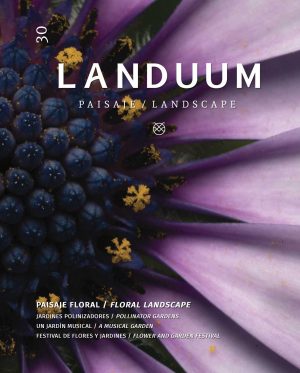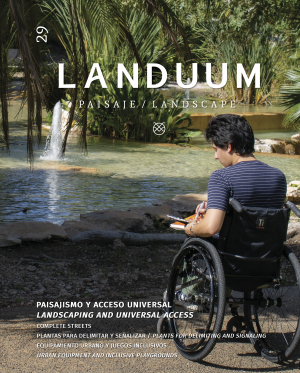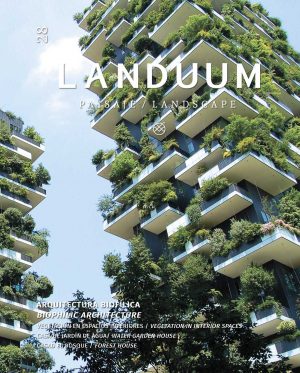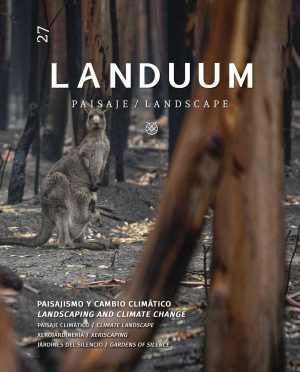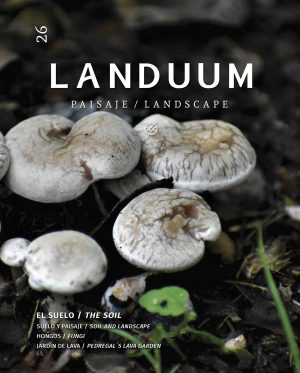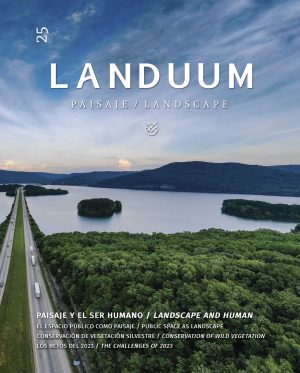Nature in Times of Pandemic
In these moments, where many of us are facing a great sense of anguish and uncertainty about our future due to the pandemic that is hitting the entire world, it is pertinent to highlight the importance of our relationship with nature to help us improve our health and state of mind.
Although the impact of relating our emotional well-being to contact with nature is not well documented, there are a large number of studies that have demonstrated the positive effects of the natural world on our health, both physical and mental.
The current crisis has made us rethink the way in which we should interact with the environment in order to generate positive emotions and regain the feeling of freedom that, due to this “forced confinement”, we have gradually lost and which is the one that affects the most emotionally and psychologically to a person.
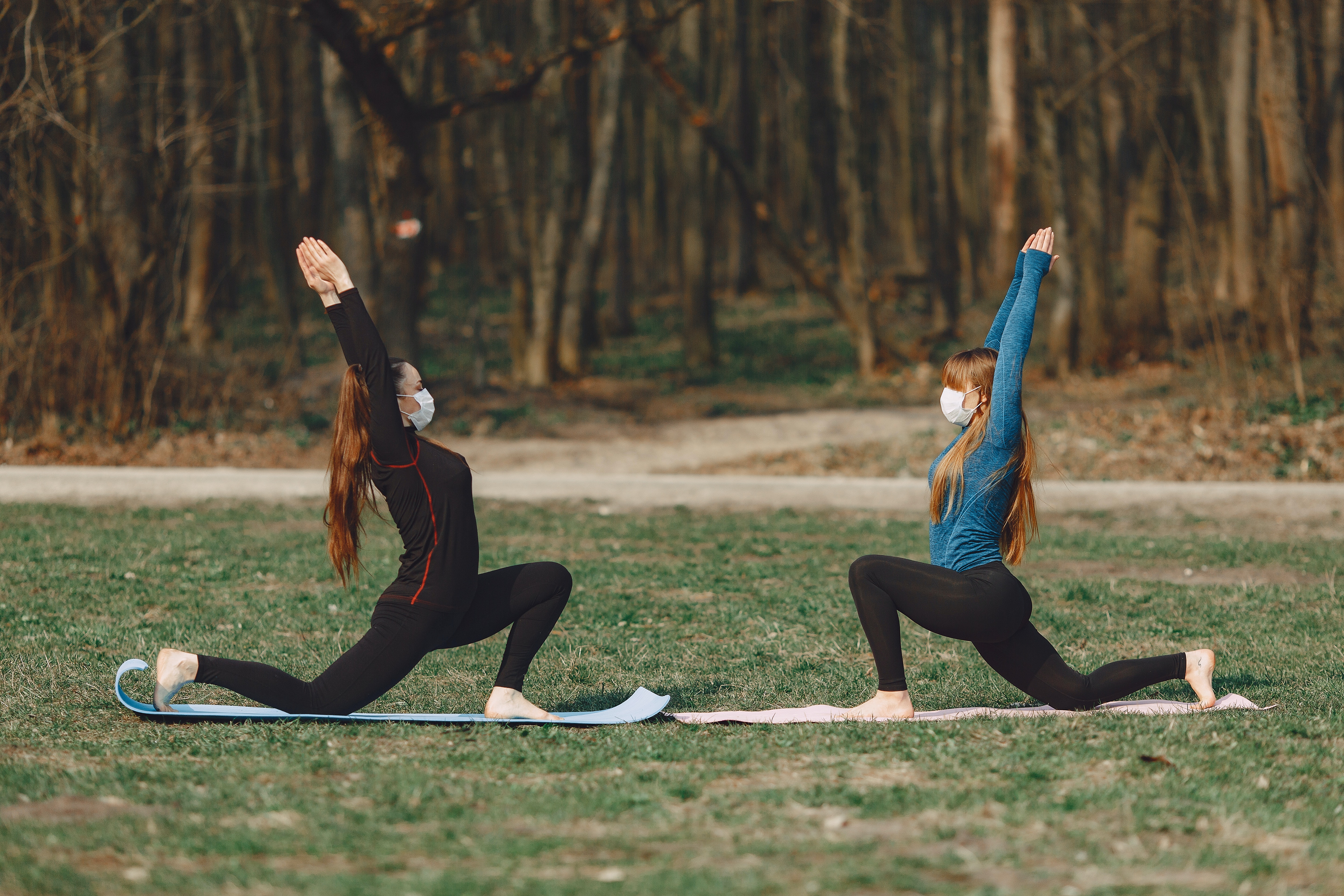
Photography: Gustavo Fring
Connecting with nature can help us feel happier and more energetic, find a greater sense of purpose in life, and make routine tasks seem more tolerable. Just as the black plague that devastated Europe in the 14th century, waves of epidemics that killed millions of people (tuberculosis, Spanish flu, cholera, smallpox, measles, Ebola and some others) taught us that clean air, the properties of plants, a greater lighting and ventilation of the spaces, moderate contact with the sun, etc. were fundamental for the improvement of our health, both physical and emotional.
These aspects, together with scientific theories (right or wrong), shaped our world and fundamentally changed our reality, causing both architecture and landscape design to be modified to bring man closer to his natural environment in search of better health, and a physical and emotional well-being.
Cemeteries were moved to the outskirts of cities, houses were demolished in neighborhoods where people lived in overcrowded conditions, and were replaced by parks and gardens; Drains were built to prevent sewage from polluting the rivers and to make them clean again.
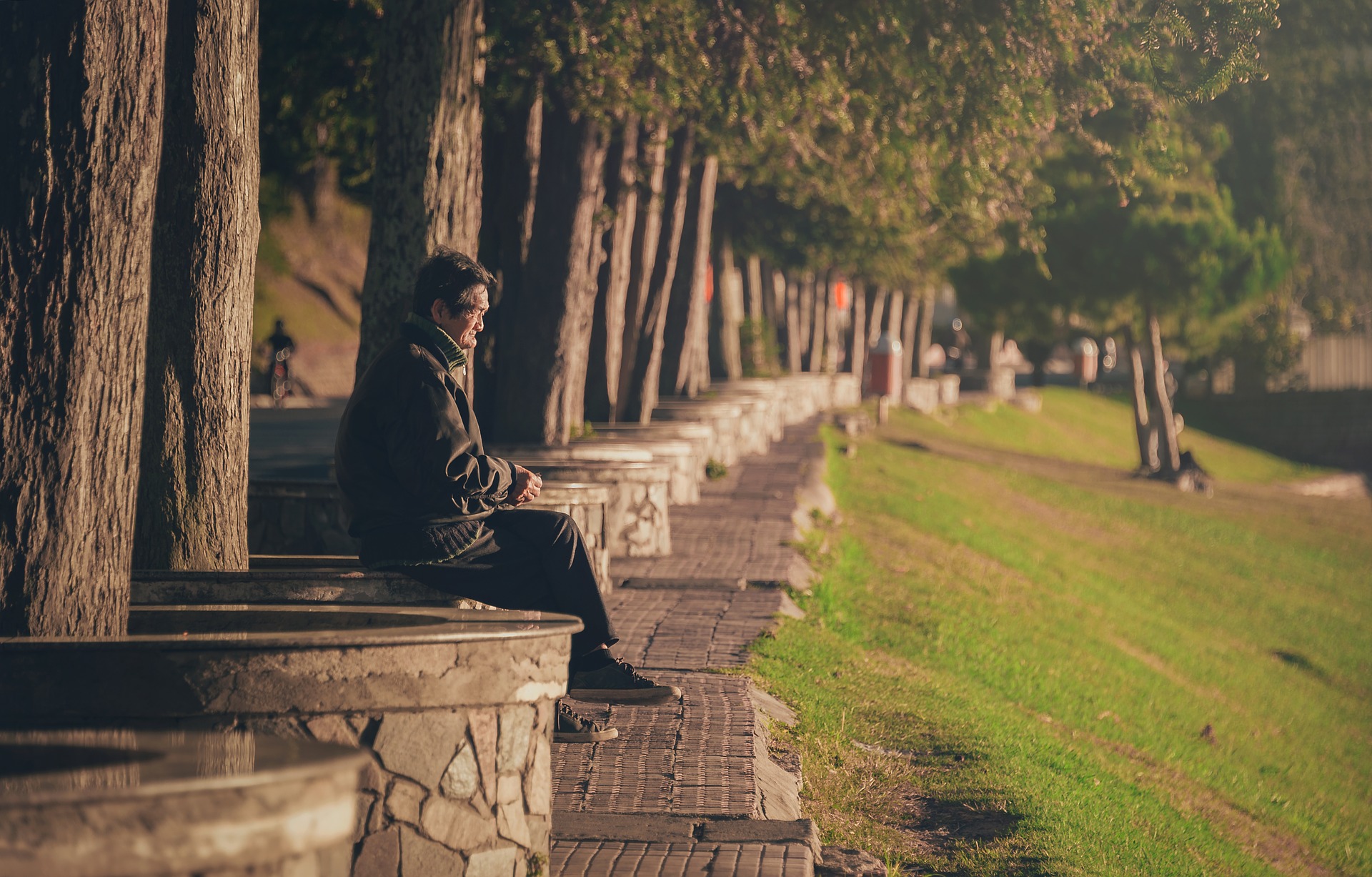
Contemplating a park
Photography: Minan
Cities that had been walled for centuries tore down their fortifications to make way for the wind and the facades of houses and buildings were gradually increasing the size of their windows to allow the passage of light and sun. Cross ventilation, the abundance of natural light, the use of color and its deliberate relationship with the landscape, brought man closer to nature for the sake of his physical and psychological well-being.
Thus, we can observe that the pandemics that have plagued humanity throughout the centuries have been the great transformers of natural and urban space, rather than the understanding of bacteriological or viral disease itself, and have also caused the modification of human behavior and reinforced the theory that a greater and better link between nature and man has a very important and positive impact on their health and tranquility.
The COVID 19 epidemic should not be the exception: today more than ever we must increase our direct relationship with nature and integrate it into our daily lives in order to reverse the current environment, where concern, sadness and a lot of fear are generally breathed.
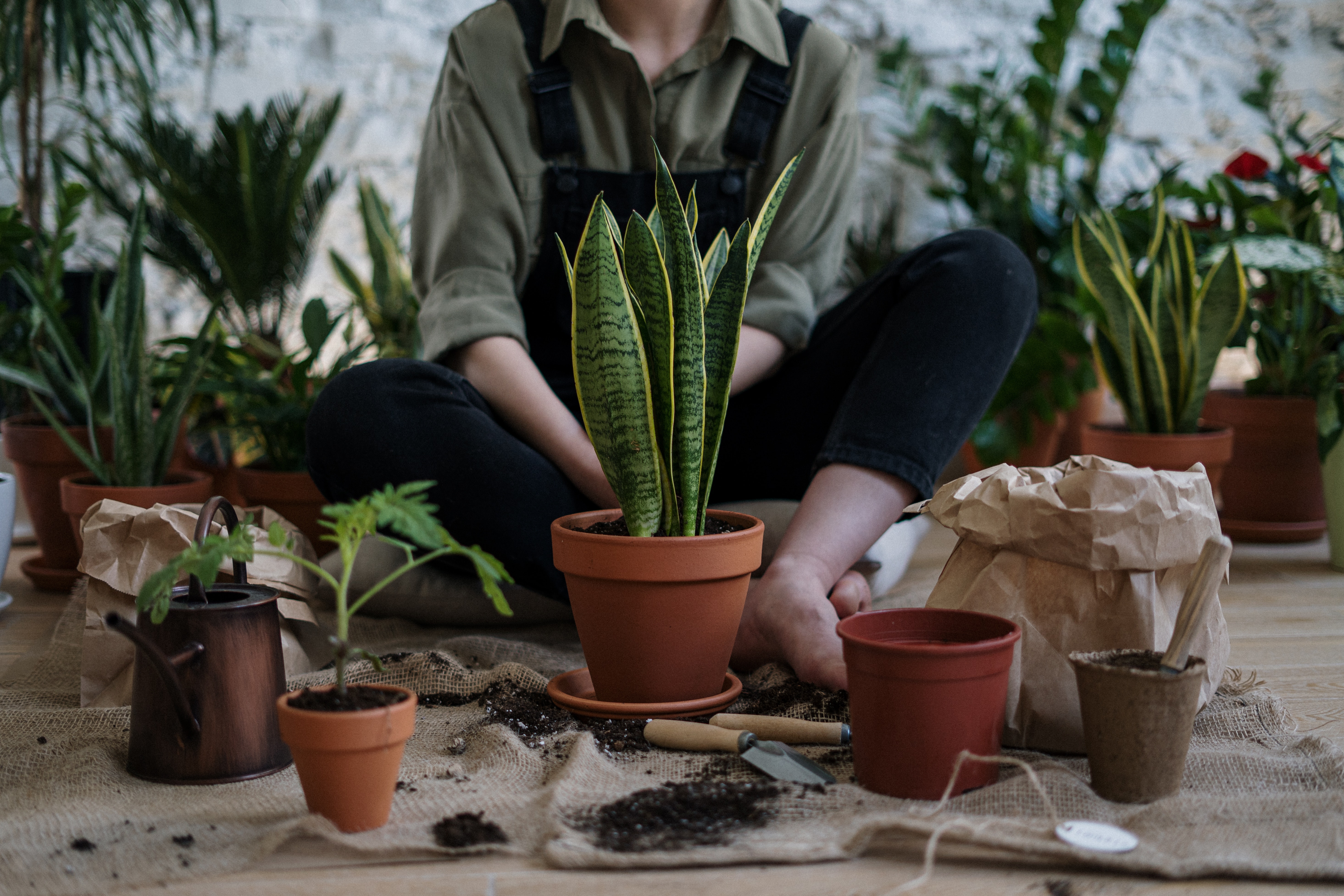
Gardening
Photography: Cottonbro
Activities based on the natural environment, such as gardening and farming, have been used as part of mental health treatments around the world for centuries. We must remember that, since ever, nature and health have always walked together.
With thousands of people who are not working (or are doing it from home) and with children and older adults who cannot go out, many have been inspired and have started to explore contact with nature in their immediate environment as a means to cope with anxiety.
By reducing environmental pollution by decreasing production and transportation activities, it is easier to see beyond urbanized areas, and the stars in the night sky. The decrease in the noise of the city highlights the sounds of birds and insects and that helps us discover aspects of the landscape that we were not able to notice before.
Now there is a greater interest in gardening. Google Trends shows that global searches for how to compost, plant gardens and care for indoor plants doubled compared to a year ago. According to experts such as Dr. Mathew White, from the University of Exeter, UK. “A brief interaction with nature (10 minutes of wind blowing on our cheek or the sun on our skin) can reduce stress”.
Contemplating landscapes such as the coast of the sea or a forest, causes intense emotions. Doctors in various countries have been prescribing experiences in nature to patients with depression and anxiety (which include a healthy walk or planting plants to care for them and watch them grow), as treatment with very good results.

Aromatheraphy
Photography: Elly Fairytale
There are even studies that show the benefits of “immersing yourself” in nature, even remotely (installing large screens of natural scenes), which resulted in decreased stress and greater personal and social well-being. The sounds of nature also have a particular power to evoke memory, so feelings of anguish and confinement can be diminished by listening to recordings of natural sounds, such as the waves of the sea or the singing of birds.
Seeing the recurring rhythms and rebirth of nature, in which plants and animals survive despite the harsh winter, can also offer us hope and help us cope with tragedies and setbacks in our lives. Slow movements, such as waves of water, flames of fire, or clouds moving across the sky, attract us and help us distract from worry, guilt, and hopelessness.
The more senses we use, not just sight and hearing, but also smell, touch and taste, the greater the benefits. For the first time in a long time we are experiencing in a global way a new vision of our domestic nucleus, which has had to become our gym, the children’s school, our workplace, our area of reflection and meditation, our garden, our orchard…
This implies that we must reconsider how in these circumstances we can integrate the benefits of nature into our lives and minimize the physical and emotional impact of confinement. After all, until a vaccine or remedy for this epidemic is found, the only true cure is nature.
“Taking care of a plant helps us to appreciate that life continues and flourishes, its sight and aroma bring us closer to nature and provide us with tranquility and beauty”.
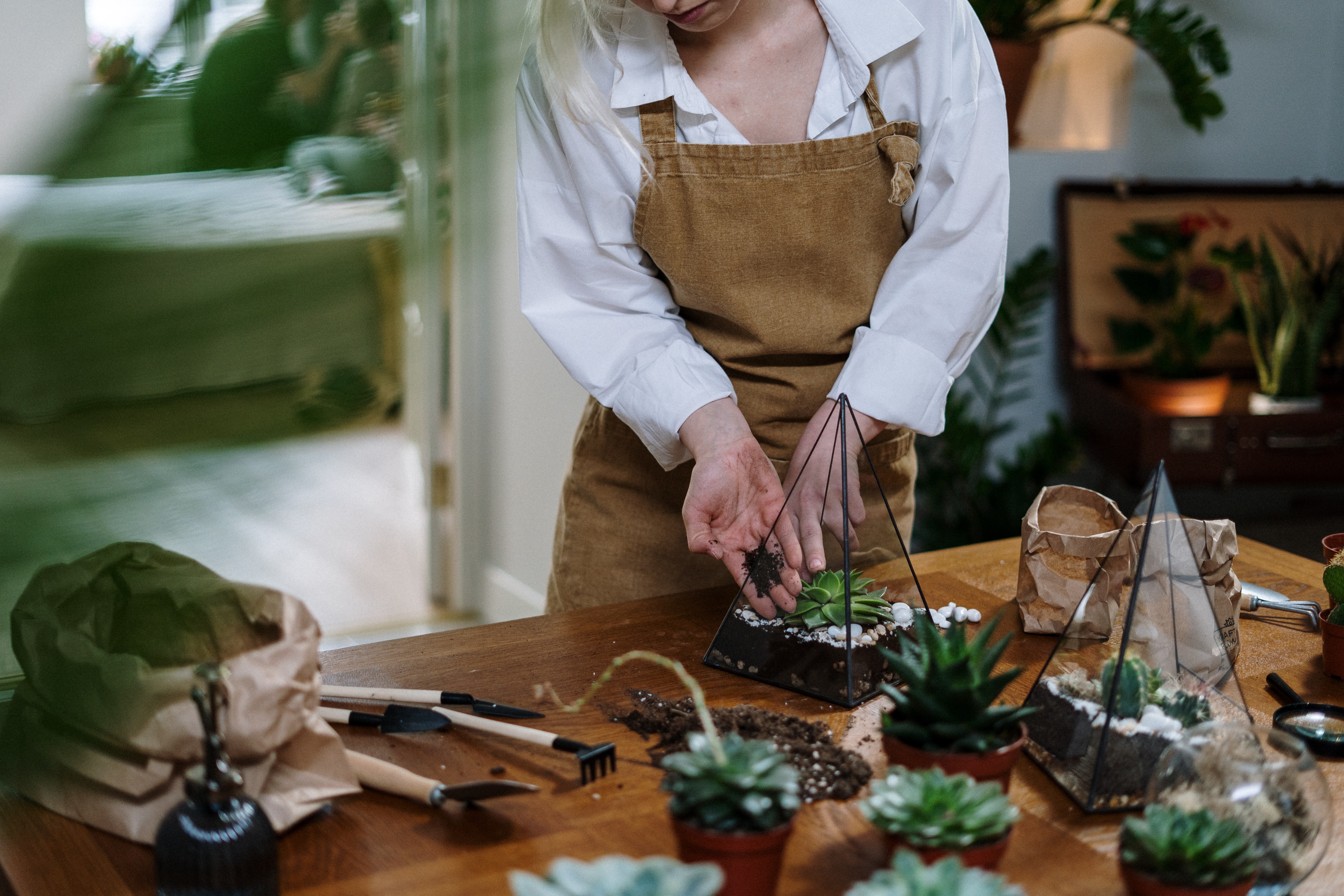
Gardening
Photography: Cottonbro
SOME ADVICES:
– Get some plants or a fish tank: Bring a bit of nature into your home and work space. Plants reduce stress and anxiety and increase attention. In addition, plants can reduce the amount of airborne pollutants, so add a few plants to your décor.
– Open the drapes: Studies show that letting in natural light increases personal satisfaction, enhances performance, reduces depression and stress, and enhances recovery to sick people. So let the sun shine in!
– Add nature scenes: If you don’t have a view of nature from your window, you can still benefit from a landscape painting or photo. Find one you like and enjoy it, it will bring you peace.
– Try natural aromatherapy: Nature is full of plant aromas. These not only make our environment pleasant, they are also full of chemicals that enhance our thinking, mood, immune system, and more. More and more scientists are looking at the therapeutic effects of different plant oils on various health conditions.
Two examples supported by research are peppermint oil, which enhances attention and lessens mental and physical fatigue, and lavender oil, which calms. Try diffusing a few drops of these oils or other oils at home.
– Regularly visit a tree near where you live to see changes in leaves or flowers.
– Open a window to catch the sound of leaves or the scent of fresh rain.
– Take a walk first thing in the morning, or before sunset, when warm colors and low light intensity bring out the textures of the natural world.



